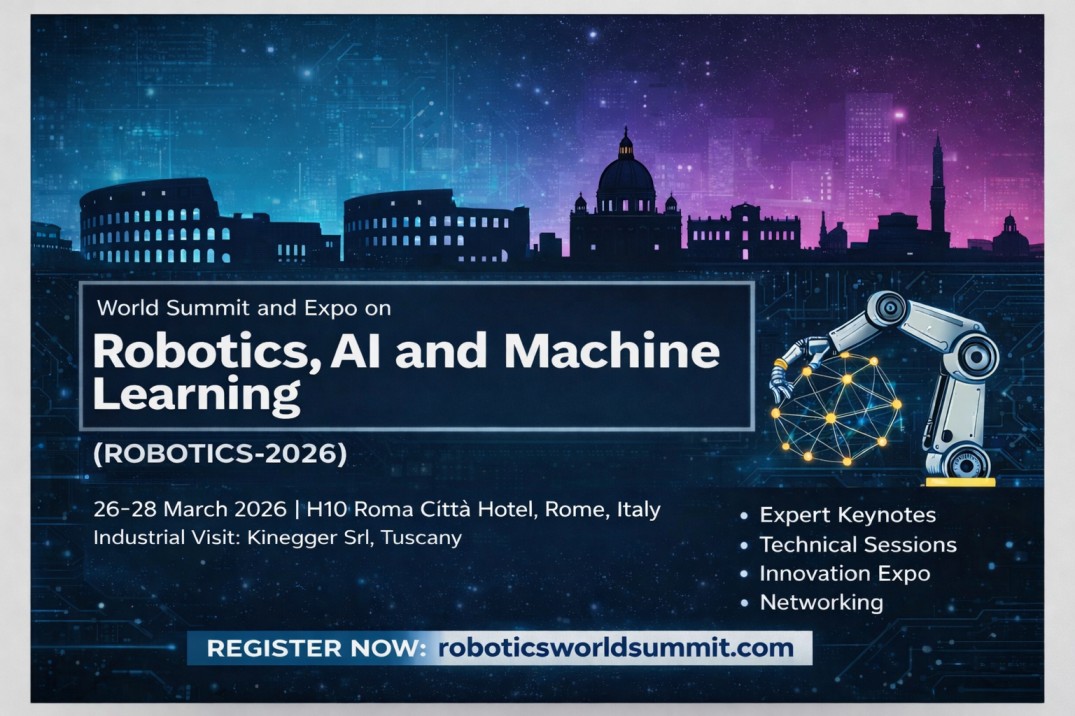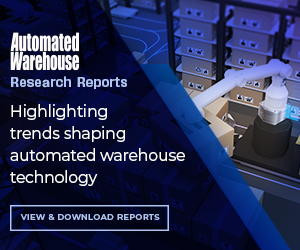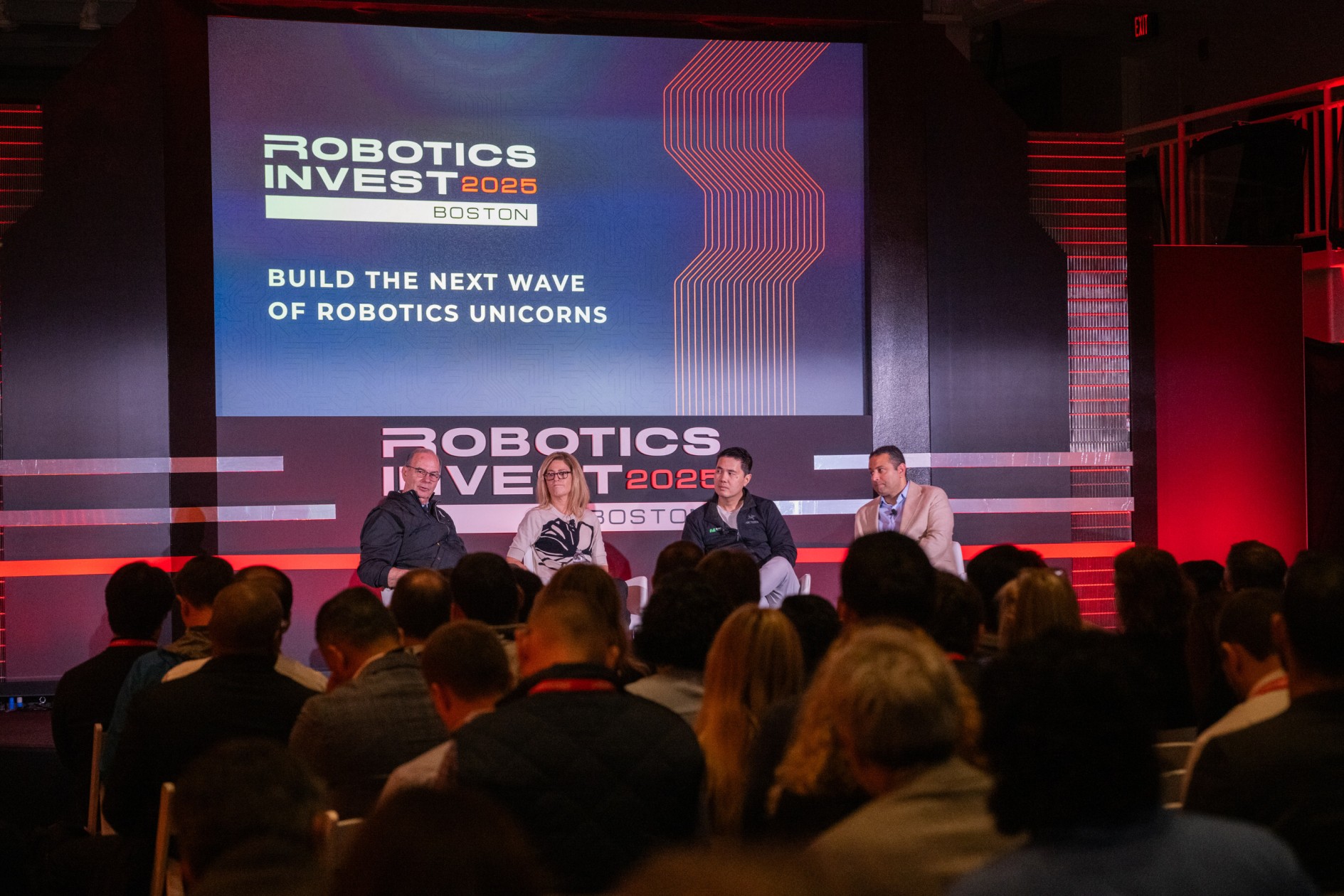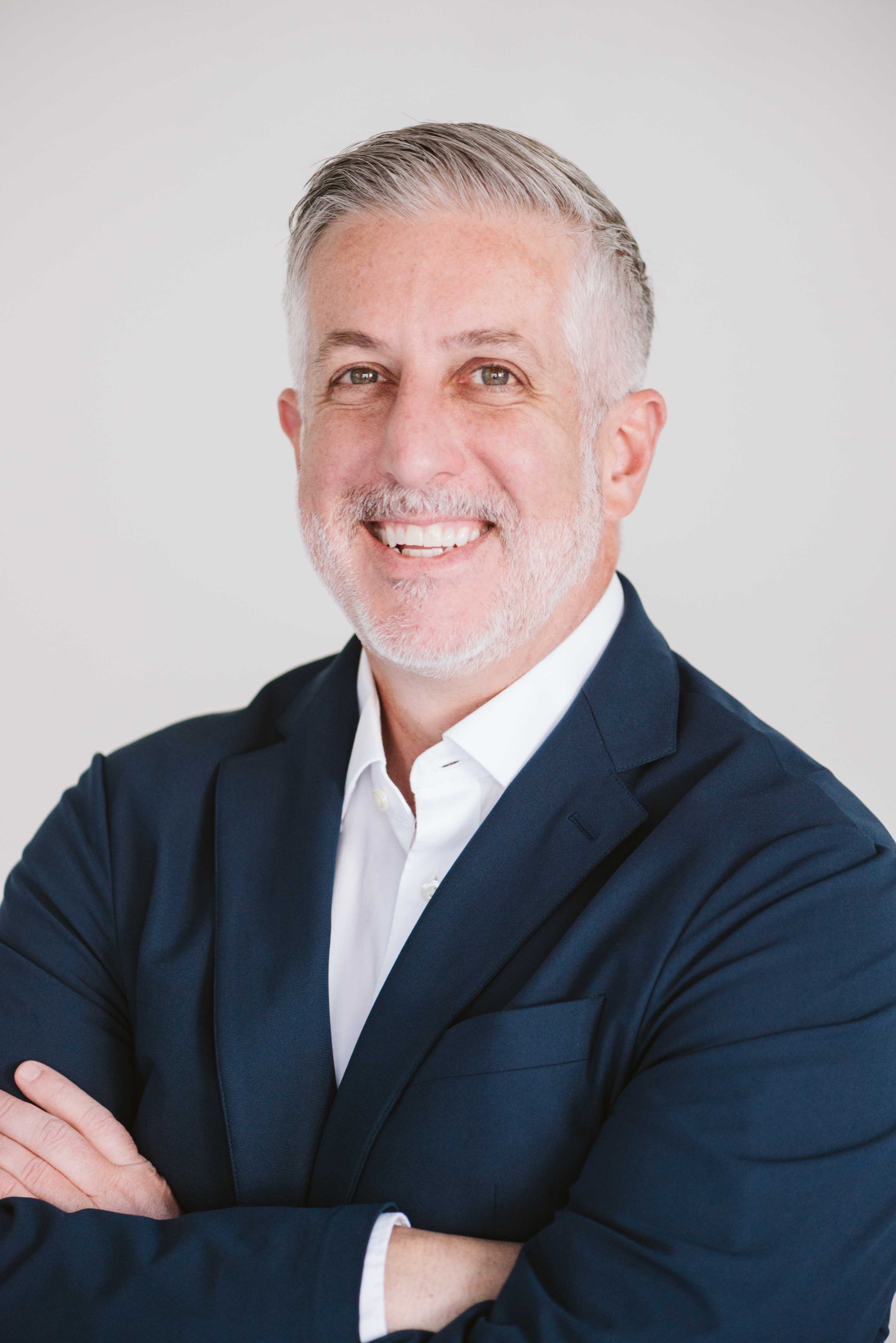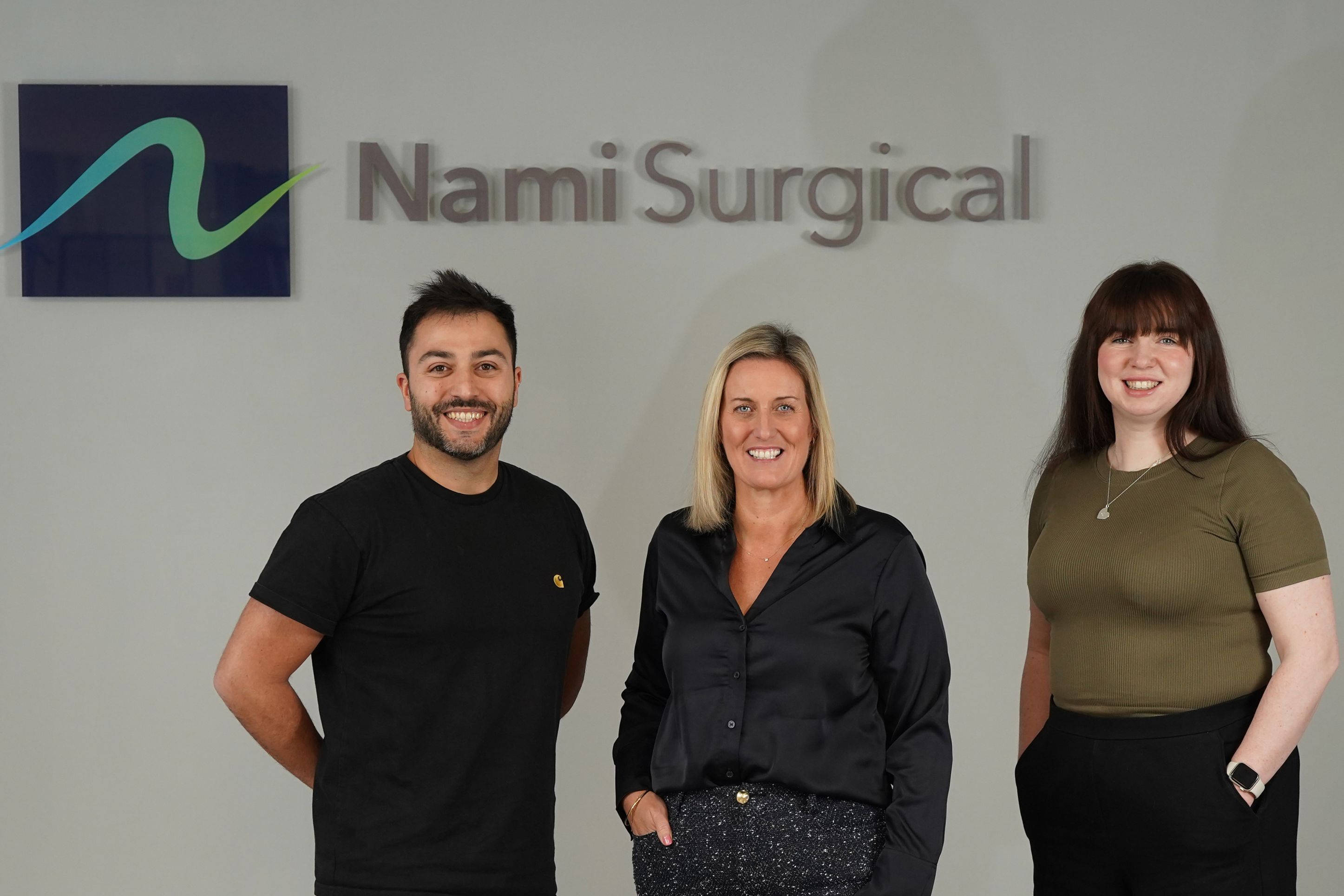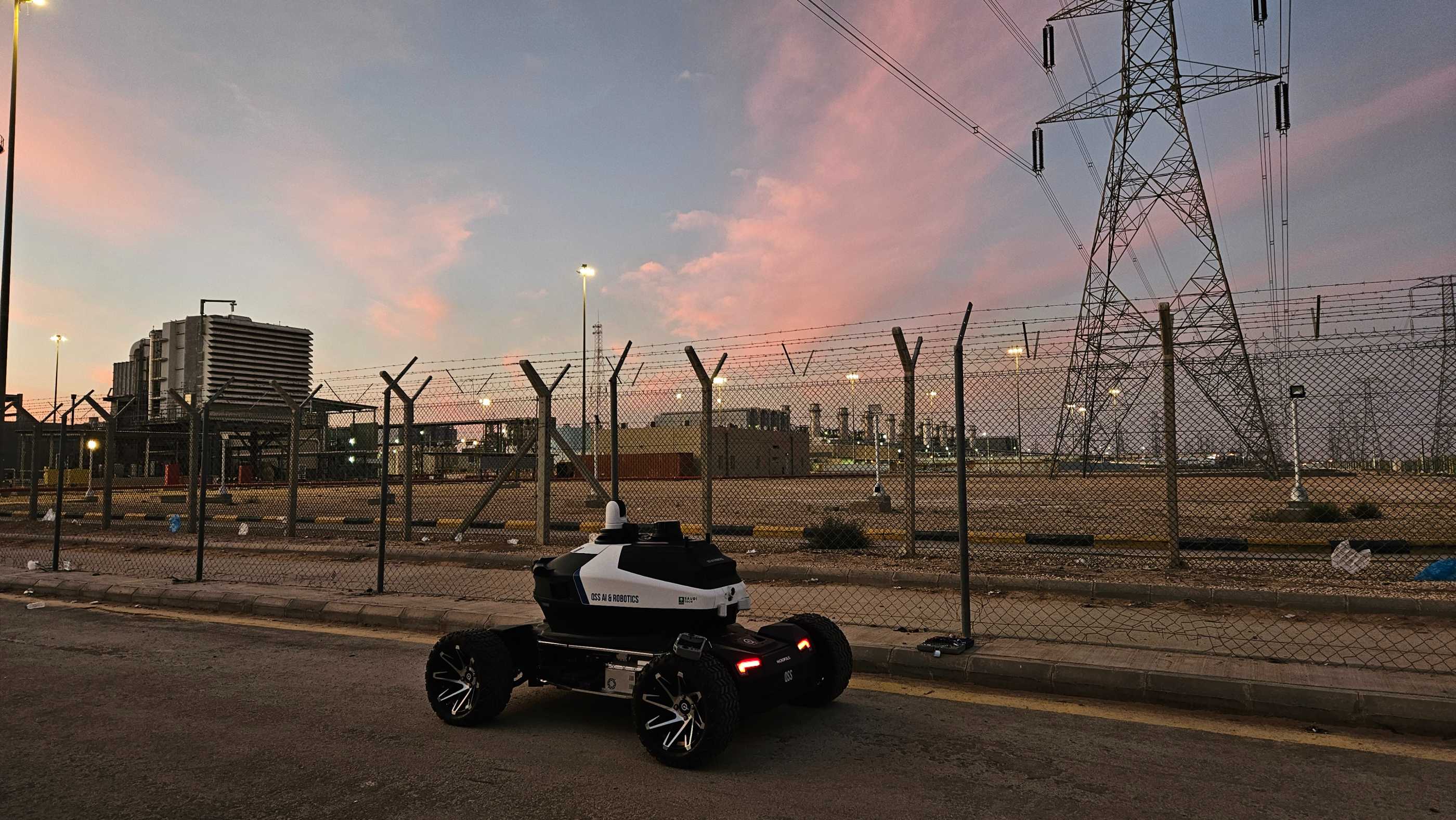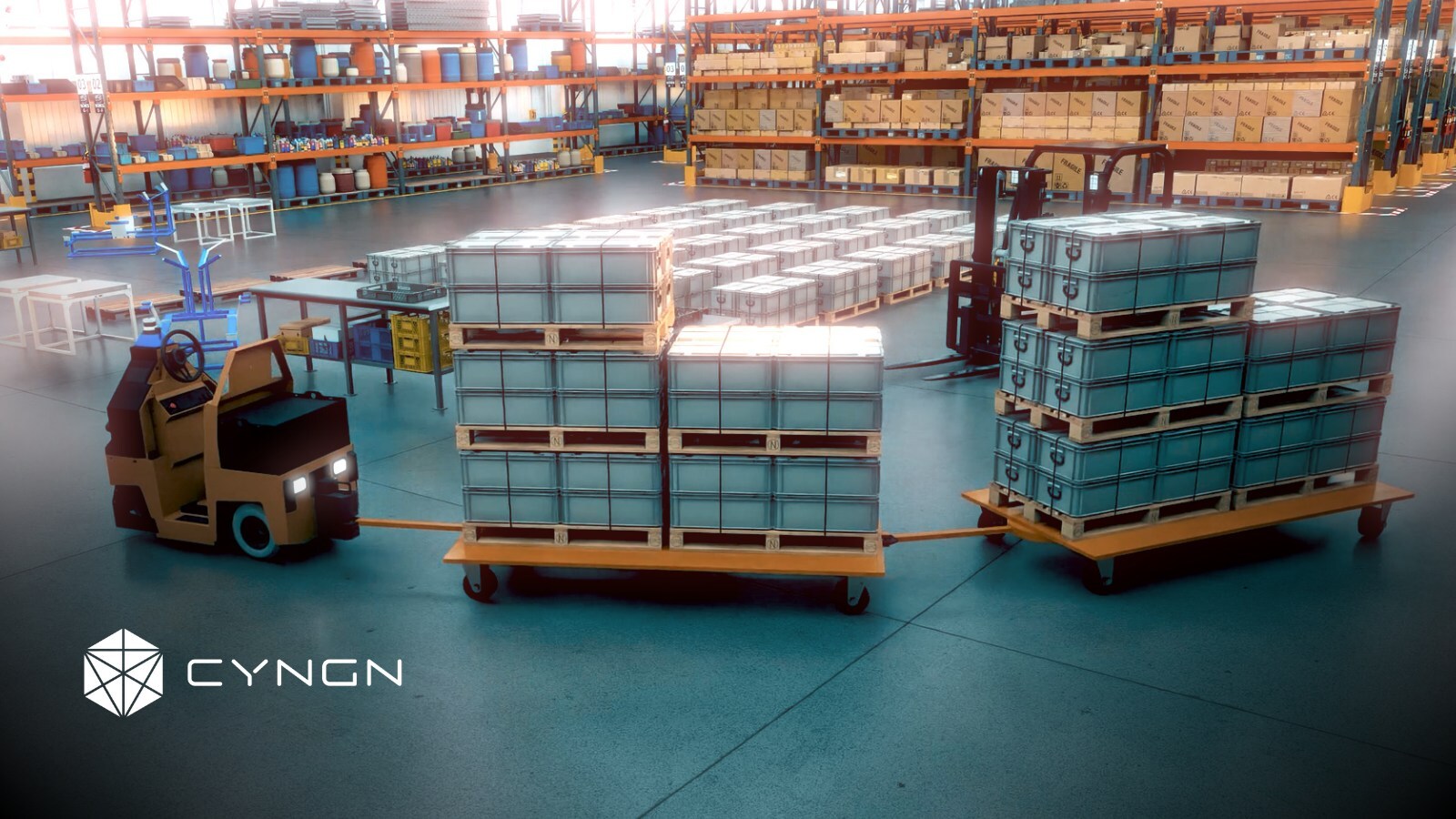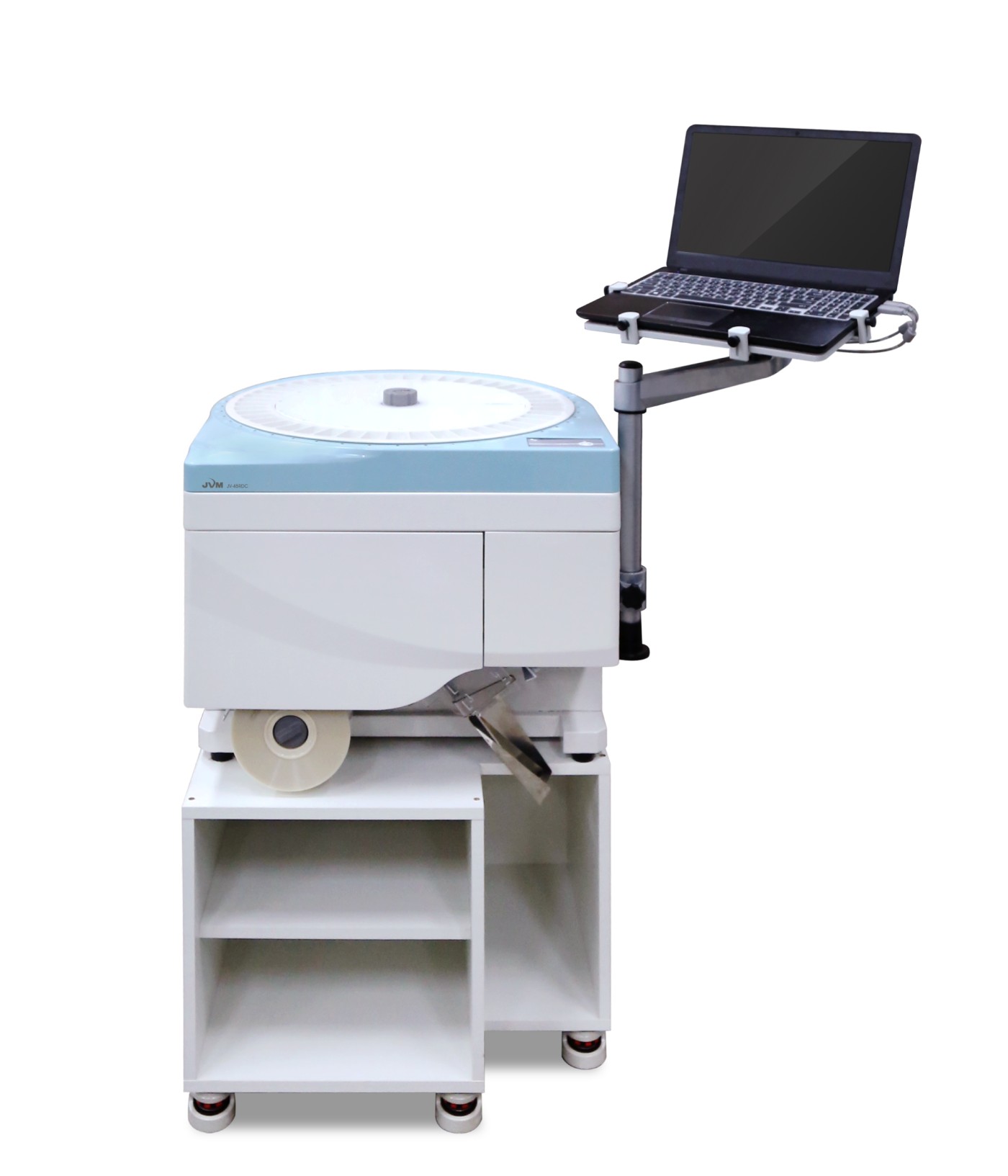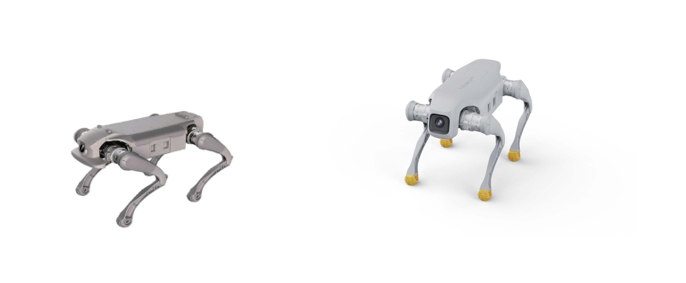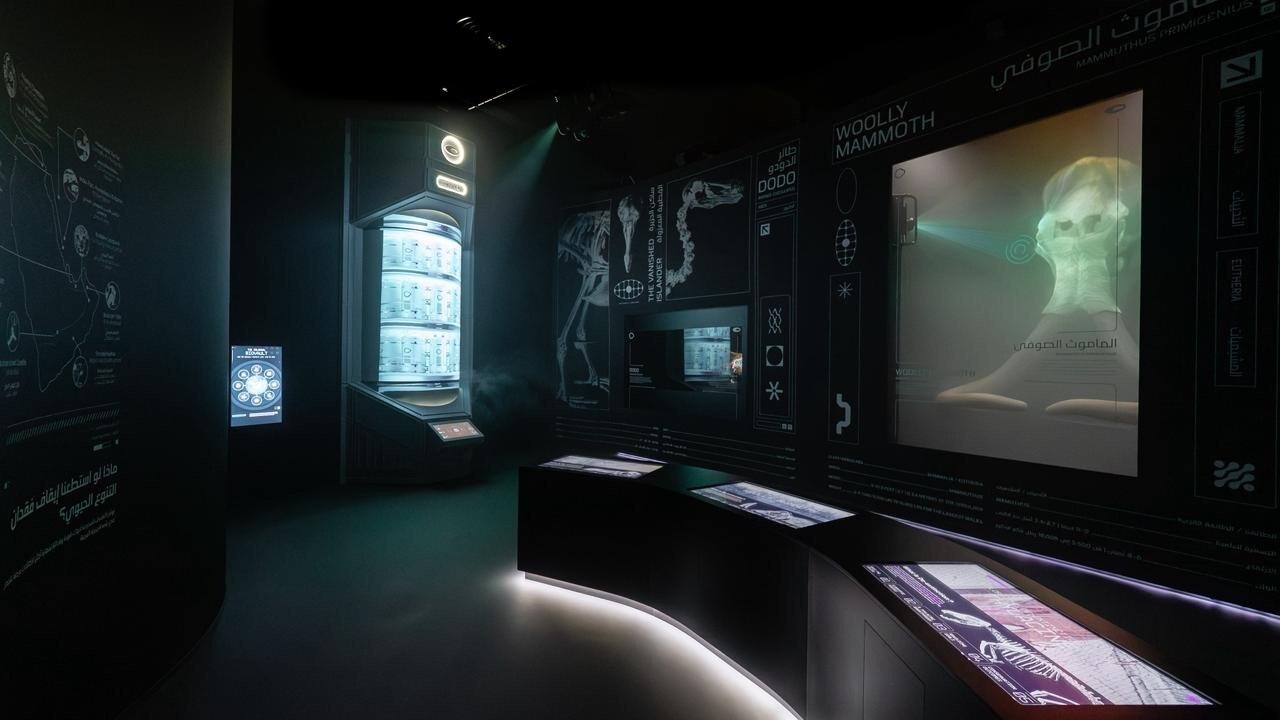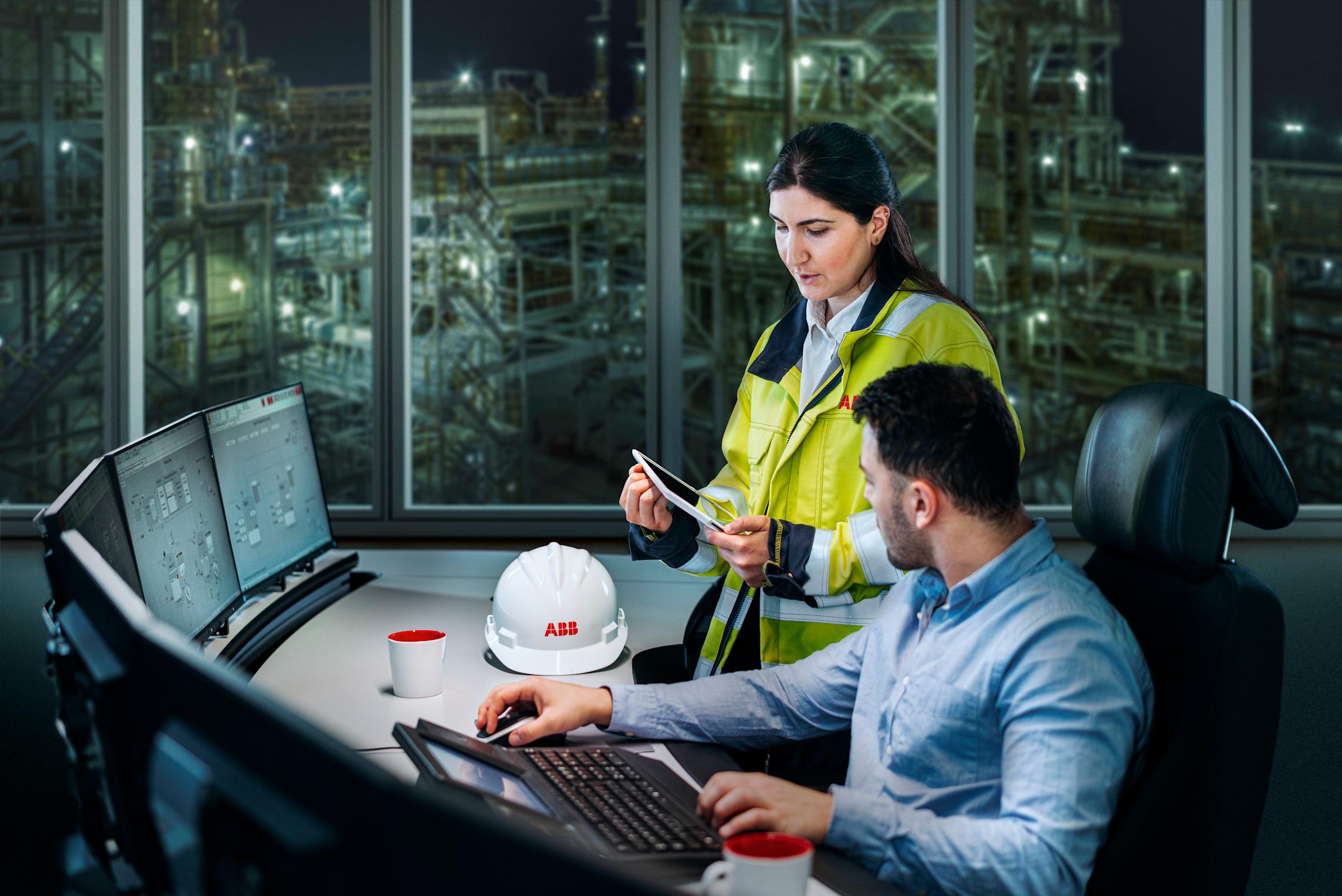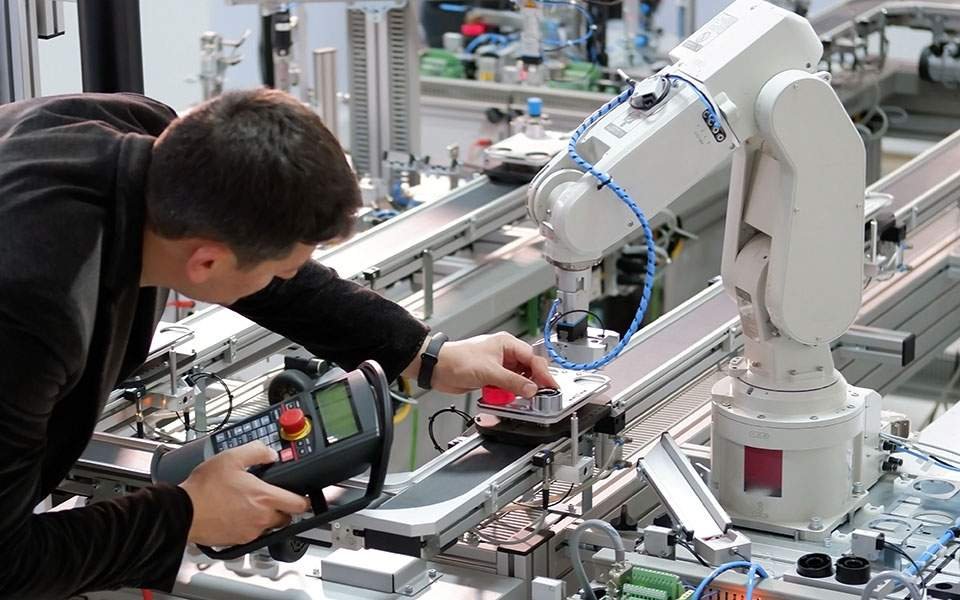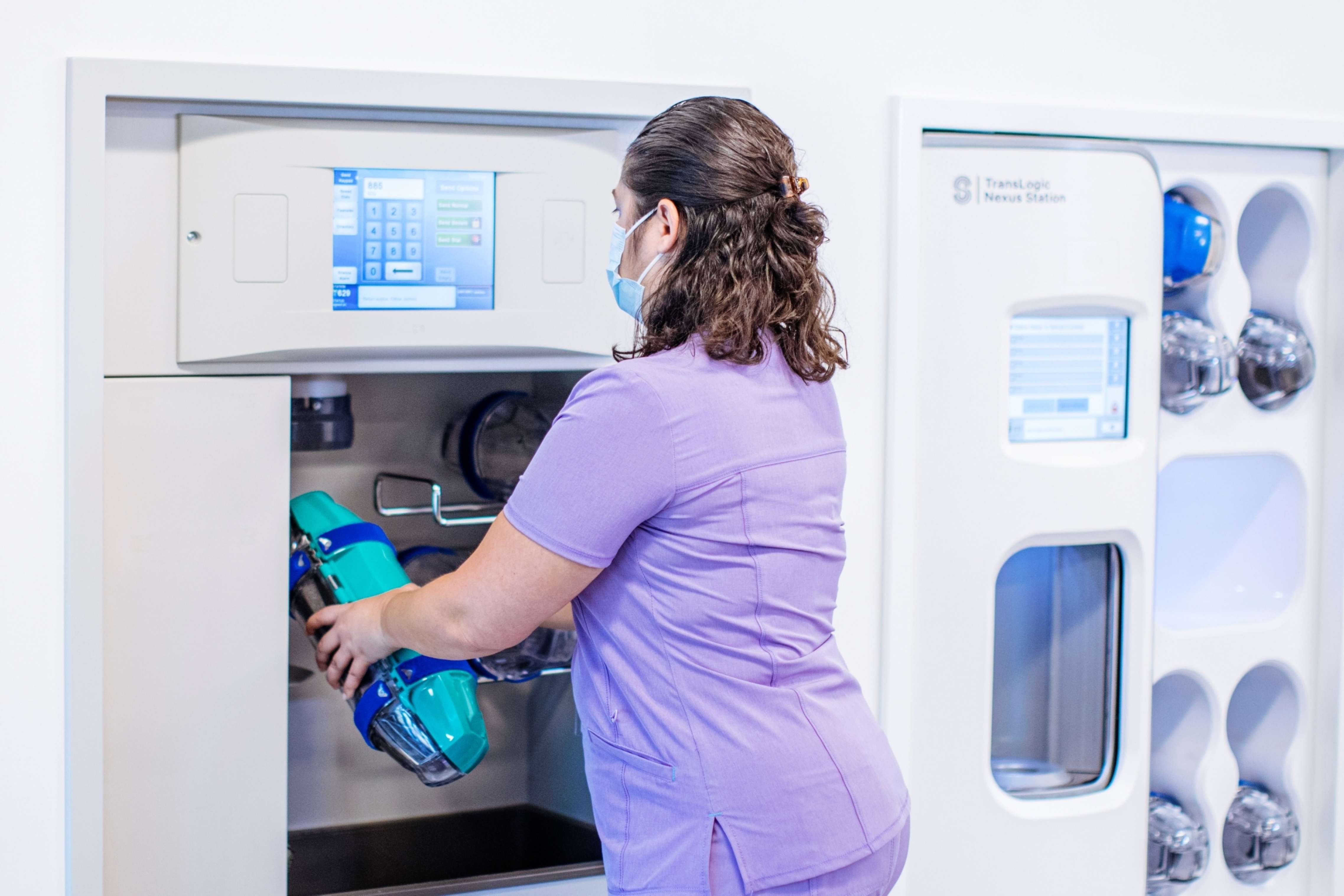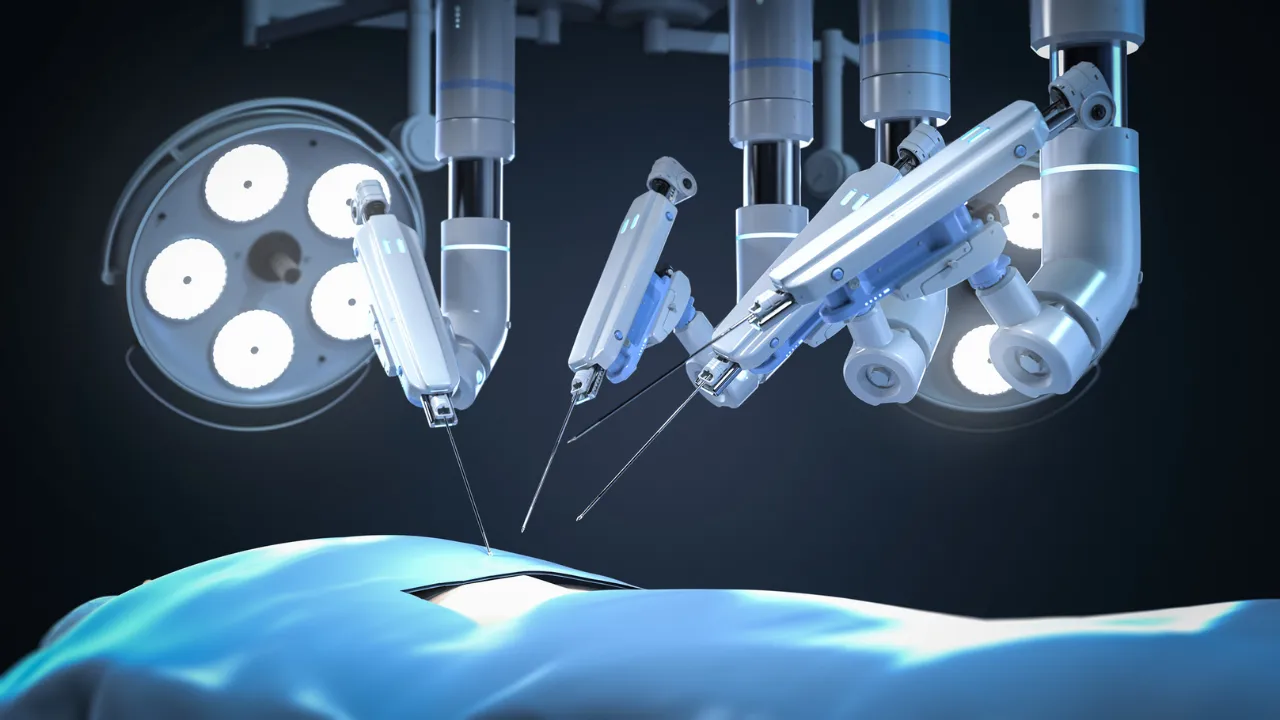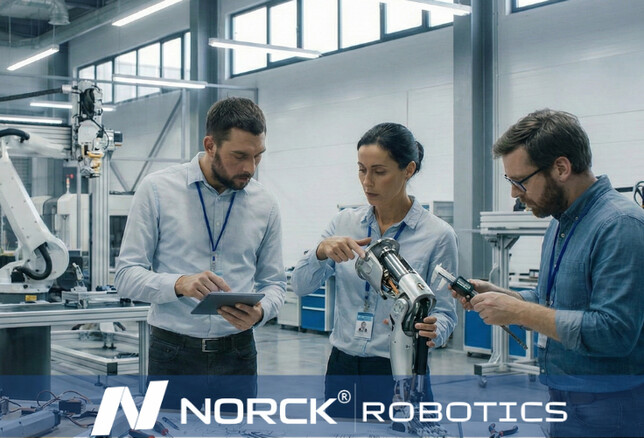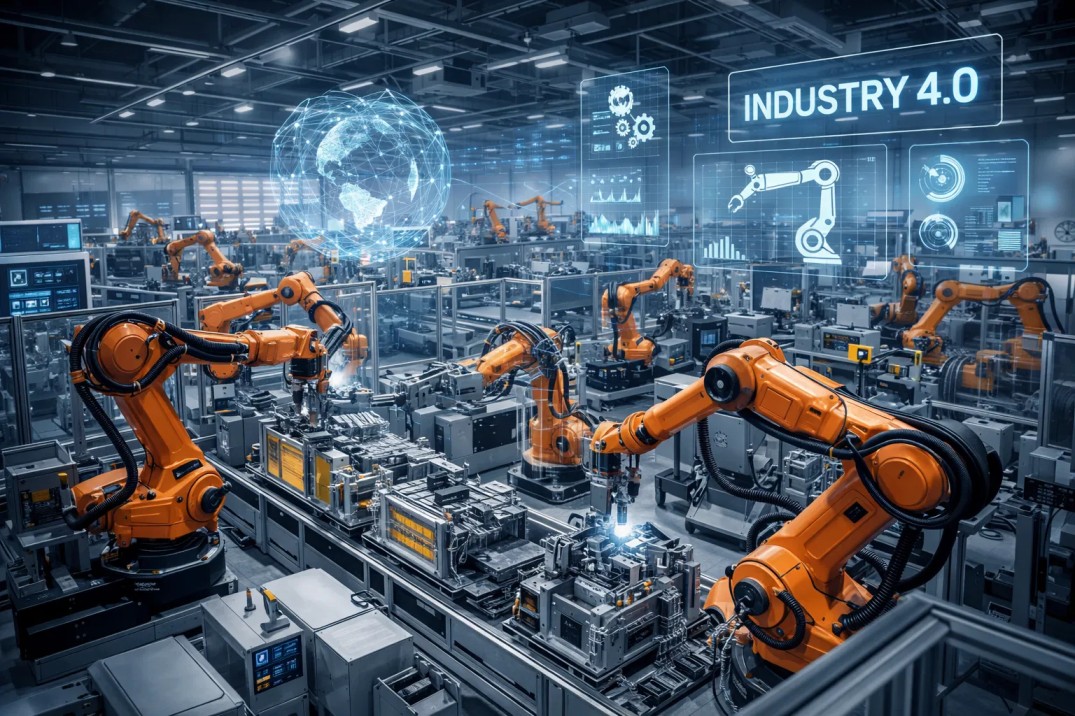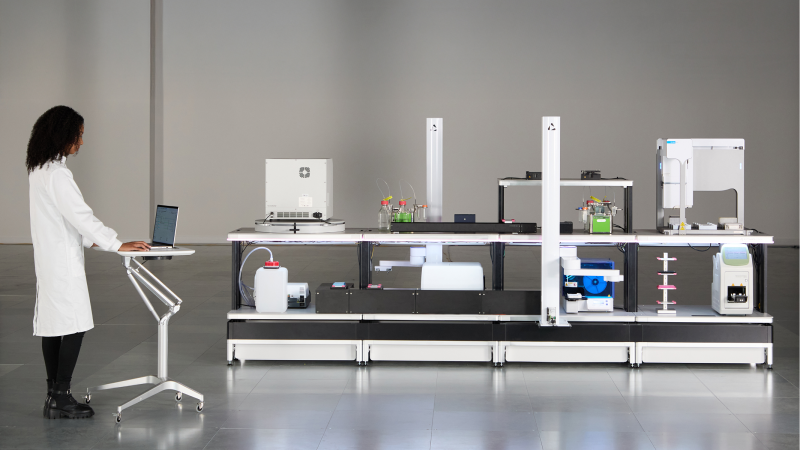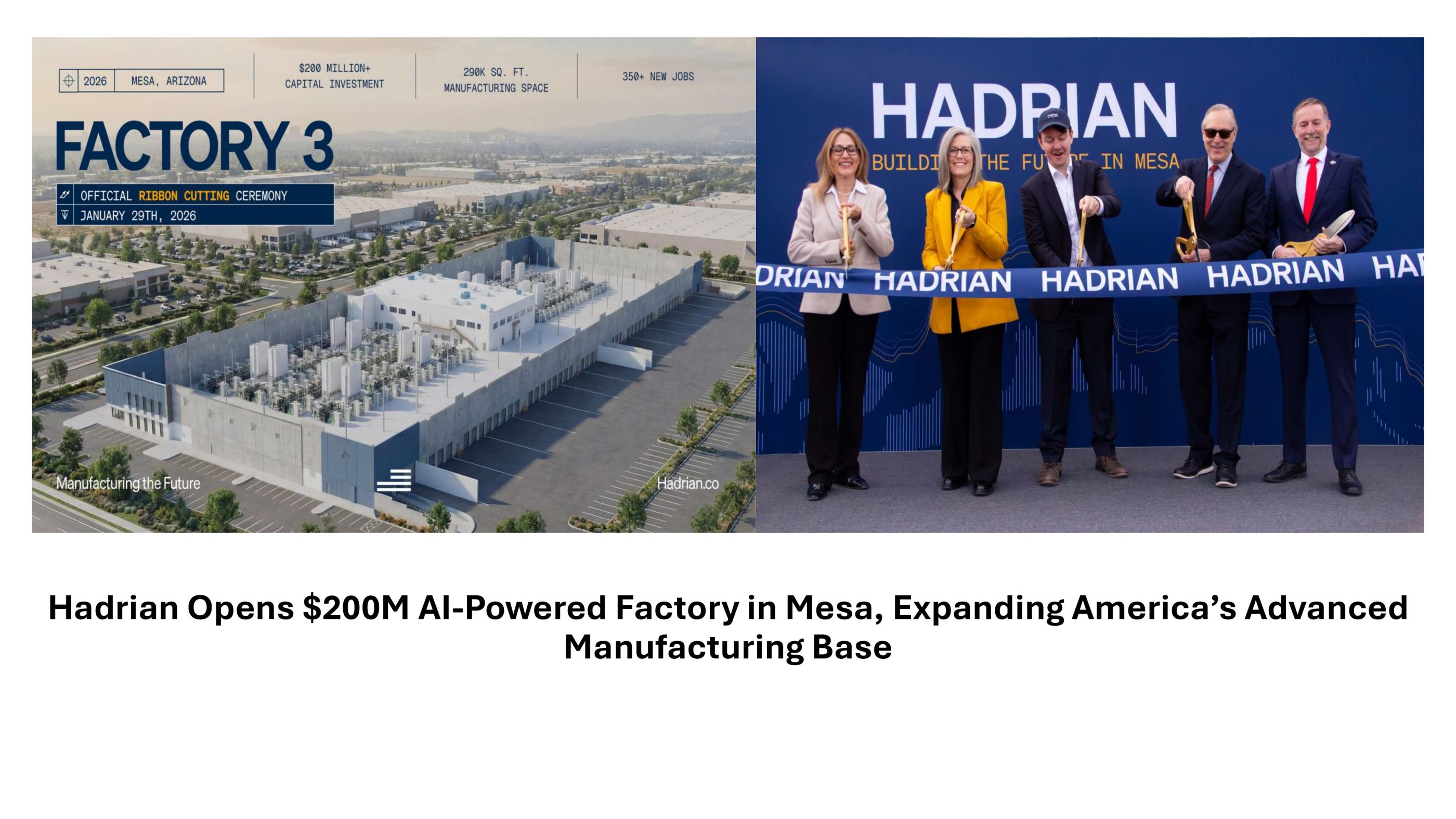The World Economic Forum (WEF) has announced that the Siemens factory in Erlangen, Germany, will become a Digital Lighthouse Factory, part of its the Global Lighthouse Network. The award recognizes leading technology companies that are at the forefront of applying fourth industrial revolution technologies. By following the Green Lean Digital approach, which combines innovative technologies and sustainable practices, the plant has made significant progress, increasing productivity by 69 percent and reducing energy consumption by 42 percent in four years.
Siemens announced last year that it would invest €500 million in research and infrastructure in Erlangen, establishing the site as a global research and development hub and as a nucleus for global technology activities for the industrial metaverse.
The Siemens plant in Erlangen is already the third Siemens manufacturing site to be recognized by the WEF as one of the most modern factories in the world, following in the footsteps of Amberg, Germany, and Chengdu, China.
"All good things come in threes. Following recognitions for Amberg and Chengdu, this award highlights the inventiveness of our Erlangen team. By utilizing technologies like AI, digital twins, and robotics, we have increased productivity by 69 percent, cut energy consumption by 42 percent, and are creating a blueprint for the industrial metaverse," said Cedrik Neike, Member of the Managing Board of Siemens AG and CEO of Digital Industries. "This acknowledgement motivates us to continue our own sustainability efforts and to help our customers become more resilient and sustainable."
Innovative technologies and sustainable practices
By deploying AI across more than 100 use cases and using the power of digital twins, the plant has made significant advances in enhancing the efficiency of its production. In addition, the plant has implemented innovative approaches to waste reduction, making optimal use of resources and minimizing its environmental impact.
The Siemens factory in Erlangen aims to "become the leading supplier of power electronics for the energy transition," says Site Manager Stephan Schlauss. "This award recognizes the commitment of all our employees in recent years. It’s also an incentive for us to never rest on our laurels, but to improve even more."
The factory convinced the WEF’s jury with five specific use cases of digital technologies in a manufacturing environment. A notable example is the in-house semiconductor production project. A clean-room production facility was built in just 11 months to produce semiconductors for the latest generation of the SINAMICS frequency converter. Thanks to its end-to-end data analytics platform, space requirements were reduced by 50 percent and material consumption by 40 percent, while still maintaining a high performance and improving energy efficiency. A special energy management system reduced energy consumption by over 50 percent.



